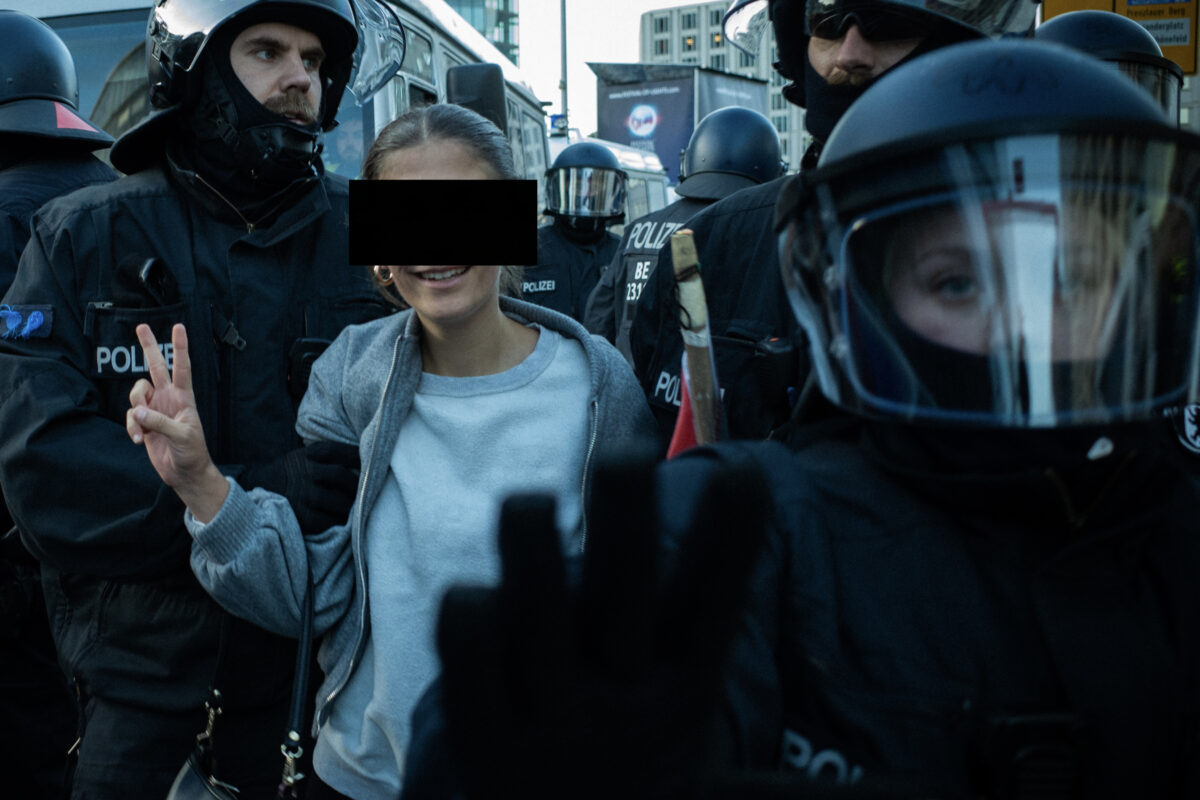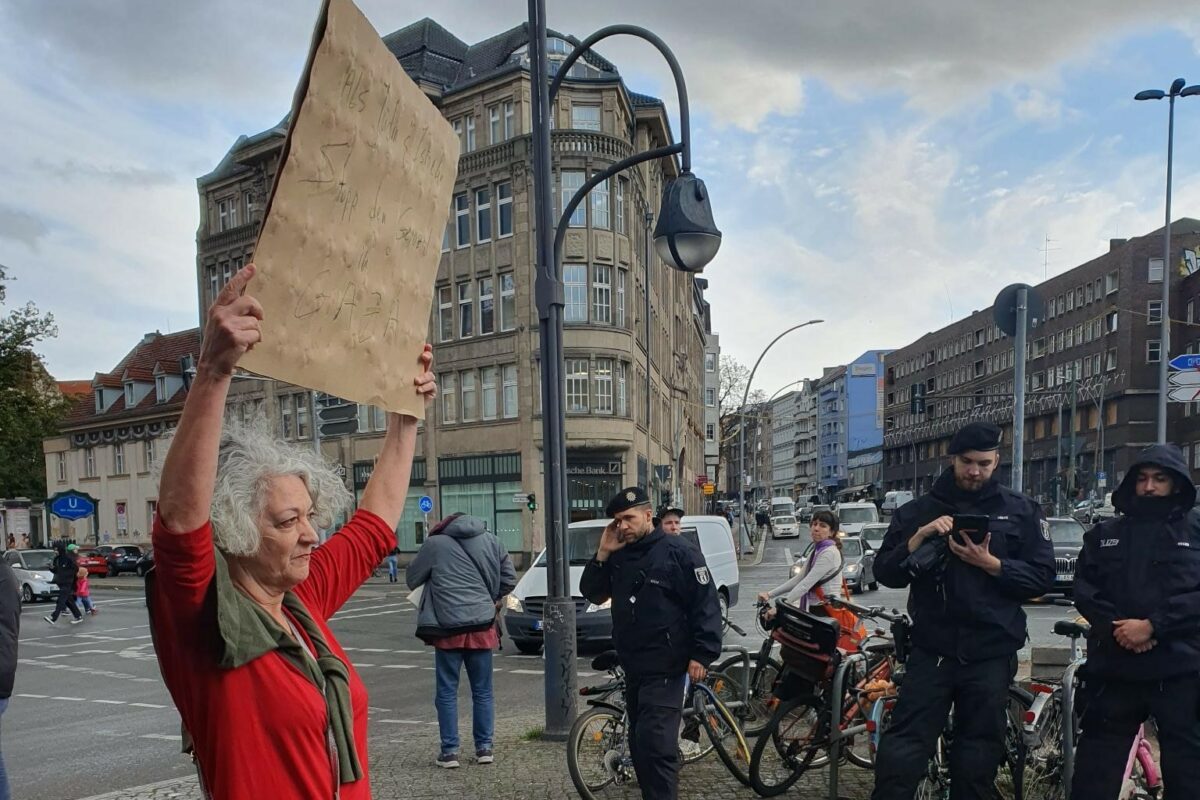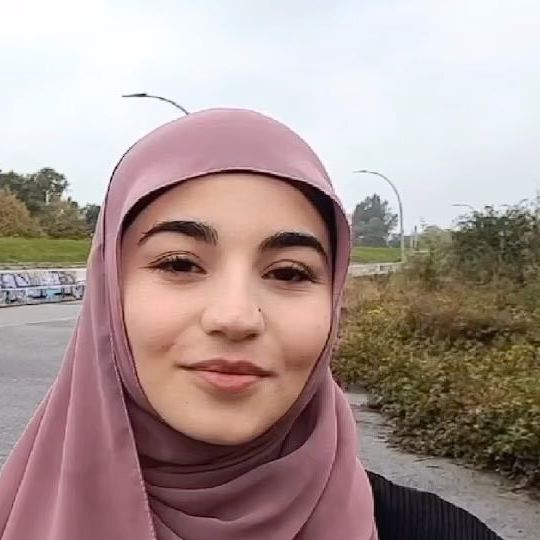“…the modern Left acknowledges the economic environment in which we live. The word “capital” is not a word to be demonized. And the word ‘work’ has to be an appeal for ‘cooperation’, for a new social contract in which workers are actively involved in the development of the corporation.”
(Newly elected president of SYRIZA, Stefanos Kasselakis, speaking at the Annual General Assembly of the Hellenic Federation of Enterprises (SEV) on October 9 2023).
On June 29 Alexis Tsipras submitted his resignation from Syriza’s leadership under the load of a humiliating defeat at the consequent parliamentary elections of May 21 and June 25, in which Greece’s left party scored a mere 18% (in comparison with 33% in 2019), while the ruling right wing party of New Democracy received 41% and the mandate to form a self-reliant government for a second time.
Although it was obvious that the opposition party was entering a new phase in the search for a new strategy, hardly could its members expect that the president to be elected three months later would shamelessly express such political opinions. After all, Syriza is still considered a party of the radical Left, one that 8 years ago was promising a break with the ruthless capitalist institutions of the EU and a better future for the many. So how did it end like this?
At the aftermath of the elections, Syriza members could fairly agree that Syriza had failed to provide opposition to the harsh neoliberal policies of Kyriakos Mitsotakis and his government, despite the opportunities offered by the combination of the latter’s economic incompetency and the social struggles which broke off, including strikes, anti-racist struggles, a #metoo movement, unrest inside universities, etc. During this period Syriza voted in favor of more than 50% of the government’s laws.
Four party cadres rushed to express their candidacy for the leadership: Former minister Effie Achtsioglou, Euklides Tsakalotos, former minister of finance, representing the left tendency “Umbrella” inside Syriza, Tsipras’s close ally Nikos Pappas and veteran social democrat Stefanos Tzoumakas, who originally came from PASOK. Everyone was talking about a match between the left Tsakalotos and the more pragmatic Achtsioglou until, on August 29 Stefanos Kasselakis announced his own candidacy.
Who is Stefanos Kasselakis?
Back in May, almost nobody knew the handsome young gay man who, following Tsipras’s recommendation, was included in the parliamentary elections ballot. Born in Athens, Kasselakis moved to the U.S. after receiving a scholarship and graduated with a B.A. in International Relations and a B.Sc in finance from the University of Pennsylvania. While he was a student, he volunteered for Joe Biden’s campaign during the 2008 Democratic Party presidential primaries. A clear supporter of free market, “less” state, and liberal reforms, he had expressed openly his admiration for the right wing leader Mitsotakis in articles he used to write for the conservative Greek newspaper “The national Herald of New York”, but ended up a supporter of Syriza. He had worked for Goldman Sachs, for the think tank of the Center for Strategic and International Studies in Washington D.C. and later founded Swift Bulk shipping company. Before standing in the parliamentary elections and running for Syriza’s leadership, he hardly had any relation with the party. He appeared just in one TV panel to replace someone else and attracted lots of sympathy as he stood against homophobic accusations expressed by a far-right candidate. After the elections he returned to the US, where he was permanently residing.
Nevertheless, running a short-term but super modern and glossy campaign, Kasselakis enjoyed a clear victory over Achtsioglou in the second round of Syriza’s elections. He hardly focused on the country’s issues (poverty, wild fires, floods, repression), but mainly on his own advantages as a qualified leader capable to defeat Mitsotakis by transforming Syriza into a type of U.S. Democrats party.
Pro- government press welcomed the victory of Kasselakis in SYRIZA, seizing the opportunity to celebrate the “end of the Left” and commenting that “the government of Mitsotakis has practically no opponent”.
This is far from the real picture, but then, where did he get his support from? For the lovers of conspiracy theories, Kasselakis is the perfect case for CIA involvement in Greece’s political life and, considering the country’s rough post war history, this sounds possible. However, such theories explain neither the disappointment among older members that did not show up to vote in the leadership elections, nor why some 40,000 new-comers showed up and waited patiently in long queues to join the party (total participation was around 150,000 members), in the vivid hope that they will elect the leader to save the people from the hated right-wing government of New Democracy.
Today everyone knows that Kasselakis was introduced by Alexis Tsipras himself and the group around him, notably the feisty ex-health minister (and ex far-leftist) Pavlos Pollakis, (in)famous for being tough against the right wing. Tsipras did not make any official statement, but what happened is that considerable sections of the party apparatus, which before were blatantly aligned with Alexis Tsipras, moved to Kasselakis, using exactly the arguments that the leadership had previously set up against the internal party minority, i.e. blaming the Left for the party’s isolation from Greek society. Only this time, the same arguments were used against both, Achtsioglou and Tsakalotos. Pappas of course rushed to support Kasselakis.
This was the second time that Syriza practiced the system of electing the party leader with the system of polls for all party members and not in the party conference, following conscious political discussion among the active members and decisions on the party programme. Alexis Tsipras had introduced this reform in 2022 on the argument of “empowering the rank and file” and had himself elected with 99.05% (!). Until his resignation last summer, no one in the party dared question his politics or his leadership, including the left Umbrella tendency. The latter focused their differentiation on organizational issues and the lack of internal democracy but, how can these issues be separated from politics?
Kasselakis is the outcome (not the cause) of Syriza’s right-wing trajectory
Syriza’s rise, U-turn in 2015 and eventual fall has been broadly discussed and analyzed elsewhere in this webpage. There is however a milestone: When the party lost the 2019 elections and moved from the office to opposition, the leadership team around Alexis Tsipras decided that Syriza should get rid of its radical past, because this was a legacy of the era when the party was hovering only between 3 and 5%. In this context, a party that sets itself to become a government partner but at the time had to be in opposition, had to adopt the attitude of a “government in anticipation”. This “violent maturing” of 2015 became a fundamental principle and was incorporated to Syriza’s programme and organizational structure. This describes in summary the tragedy of a left party delivering right-wing opposition, one that failed to face the horrible right wing government of Mitsotakis.
There was no “novelty” in this strategy. In Italy the Communist Party changed even its name from P.C.I. to Democratic Party, and completely dumped the old remnants about the “government of the Left”. It became evidently a party of neoliberalism, with Renzi as prime minister, who implemented a harsh programme of cuts, unemployment, abolition of collective agreements and undemocratic amendments to the constitution. These developments paved the way for Salvini and later Meloni to increase their influence even in the main working-class regions of Italy. Despite negative international experience, the leadership around Tsipras engaged in this destructive project. Internally, they humiliated every leftist voice that disagreed or even wavered along this path. SYRIZA’s last conference was a triumphant domination of Tsipras and his politics. No organised tendency dared question him or his political direction.
The members of the left opposition “Umbrella”, stayed loyal under the slogan “there is only one President” and tried to stick to the “unanimously proposed political programme of the conference”, they only questioned the proposed organizational reforms. The method and arguments with which they fought this battle turned out to be piece of cake for Tsipras, who accused them of conducting “a game of thrones that is indifferent to Greek society”!
Syriza was already in the trajectory of transforming itself to a “modern” European social democratic party, one that has since long disengaged from the commitment to organised members, grassroots organisations and bodies elected by and accountable to the rank and file. For “modern” social democracy, this kind of party is nothing more than “inner apparatuses detached from society” that has to be abandoned. What is needed is a “charismatic leadership” that is free to make decisions independently from party structures, and the people “judge” those decisions by voting in general elections.
SYRIZA finalized this process at its latest conference. And of course it made sure to carry out the right-wing agenda in practice, even when the government of New Democracy was shaken by scandals, mass anger and mobilizations. In the period of the pandemic, when hospital workers were fighting battles demanding the strengthening of the Greek NHS, the proposal of the “new” Syriza to the government was that a “commonly accepted” health minister had to be appointed. When the island of Evia burned out by wild fires in 2021 and the anger culminated to the slogan “Mitsotakis fuck you”, SYRIZA delivered lessons of “political culture”. When the train accident at Tempi caused by train privatizations and leaving 57 people dead sparked massive mobilizations in March this year, SYRIZA spoke about the need to “move smoothly” to general elections. Even after the horror of the shipwreck at Pylos, one that cost hundreds of refugee lives just before the second polls, Alexis Tsipras’ SYRIZA insisted on supporting the EU policy against refugees and defending the wall built at the border with Turkey. It is impossible to separate the entire rightward trajectory of Syriza from the election of Kasselakis.
What next?
While this article was being written, the second round of council and regional elections was finalized, with New Democracy on the one hand remaining dominant, but on the other losing bastions of their influence. The three biggest cities of Athens, Thessaloniki and Patras are now under the control of the opposition. In Patras the communist member Peletidis won for the third consecutive time and in six prefectures the government’s favourites lost. However, Syriza gained almost nothing, most of the winners came from the broad influence of PASOK, or were right wing dissidents. The Communist Party increased their overall vote and influence. The radical, anticapitalist Left managed to elect a fair number of counselors, especially where groups and formations stood together (as in the cities of Athens and Thessaloniki for example). The electoral law is scandalously undemocratic, tailored to assist big candidacies (they get elected from the first round if they score 43%) and excludes smaller ones with the threshold of 3%. Abstention was huge, signifying that a great number of voters feel alienated from all candidates and this kind of representation.
The results opened a new circle of dispute which, coupled with Kasselakis’s pro capital statements and recent unquestioned support for Israel’s attacks on Gaza created inflammable material. But the leadership’s respond is to transfer the anticipated party conference from this November to end of February 2024 and avoid any discourse. A couple of days ago Stefanos Tzoumakas was expelled via a Twitter message by Kasselakis, after the latter read several bitter statements expressed by the former in the press. European Parliament MP Stelios Kouloglou just resigned from Syriza complaining for both, right wing political moves and manipulations. So did an increasing number of the (not so few) left wing members still in Syriza. There is an on-going discussion inside “Umbrella” on whether to stay or resign in co-ordination.
The Left in Greece has never been a marginalized political force. Although split in several formations spanning from the Left of Syriza to the Communist Party and the anticapitalist Left, it has always played a significant role in social confrontations. The momentum and the plain numbers of the people who took to the streets after Tempe or in strikes and anti-racist demonstrations far exceeds the votes the Left gets in elections. The social power of the Left is many times greater than its electoral power.
The question to be answered therefore is not whether the Left is gone, but what kind of left ideas, left strategy and left organization is needed today, so that the upcoming social struggles will be victorious.




